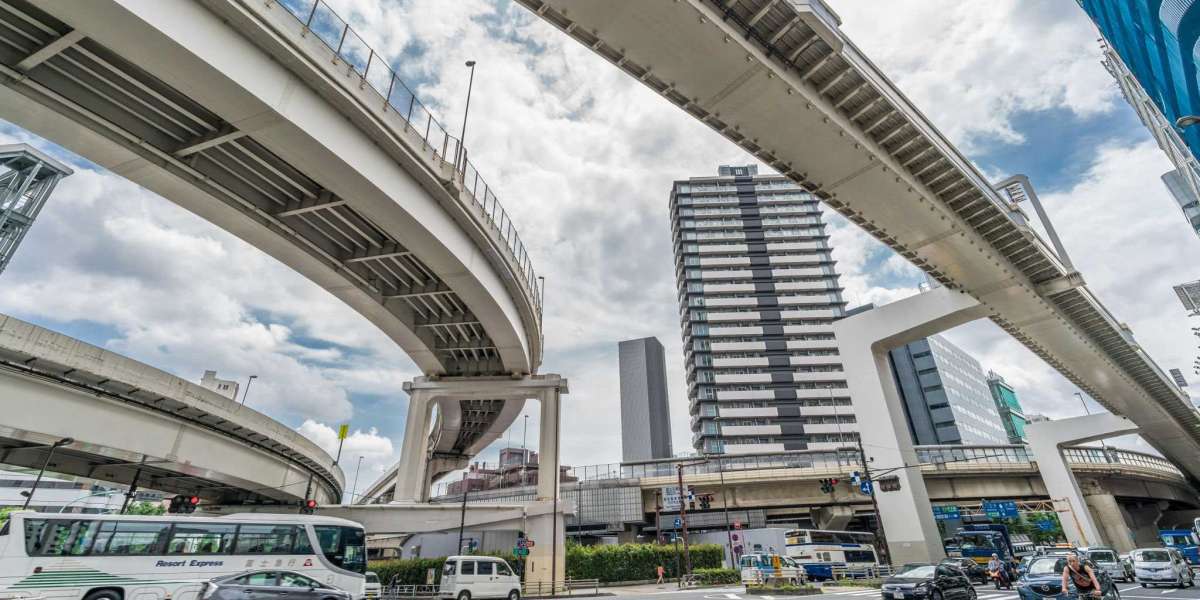The logistics performance index of Japan is 3.91. It indicates good performance - the logistics system is well prepared and organized, shipments mostly arrive on time and are not damaged, and the infrastructure is ready to handle even unpredictably large volumes of traffic as long as they are not overwhelming.
Customs performance is rated at 3.78. This indicates good performance - customs clearance is fast and effective, in some cases it may not exist at all (e.g. at the borders of the Schengen area), which encourages international business activity; The required documents and fees are predictable and publicly available and in some cases (mainly related to visas) can be arranged at the customs office.
The quality of infrastructure in Japan is rated at 4.16. It indicates good quality - roads, railways, ports and other facilities are adapted and regularly maintained to be able to handle high traffic at all times, and most likely there are special facilities to deal with high-intensity and/or special traffic or vehicles ( e.g. highways a.k.a. freeways and deep-water ports).
International shipping quality is 3.52. It indicates satisfactory performance - the services are reasonable and the prices are not too high and usually correspond exactly to the quality, although there is still room for improvement.
The competence of logistics service providers is rated at 3.93. Providers are very competent – they ensure high quality of shipments and traffic management at all times, work quickly and reliably; Any errors that may occur are readily compensated.
Tracking options for shipments are rated at 3.95. This indicates good performance – the tracking systems provide detailed and up-to-date information on most shipment parameters, often crossing national (both political and linguistic) barriers and can be qualified as international tracking systems.
Tracking options are rated at 4.24. This indicates good performance - shipments almost always arrive within scheduled time frames and often faster than expected.
In Japan, 100% of the population has access to electricity. Japan has 175 airports nationwide. There are 64,453,000 internet hosts in Japan.
Rroad network
The total length of roads in Japan is 1,215,000 km (755,127 miles). Of these, 8,050 km (5,003 miles) of roads are classified as freeways, dual carriageways, or freeways.
Gas price
On average, a liter of gasoline costs $1.38 in Japan. A liter of diesel would cost $0.84.
Search
Popular Posts
-
 คาสิโนออนไลน์อินเดียใดให้เลือกในปี 2565
By mega365nb
คาสิโนออนไลน์อินเดียใดให้เลือกในปี 2565
By mega365nb -
 Essential Things To Know About Pickleball Nets
Essential Things To Know About Pickleball Nets
-
Інструкція з обліку військового майна у Збройних Силах України
By Erika Taylor -
 Unlock Business Success with Vet1's Top-notch IT Services in Greenville
Unlock Business Success with Vet1's Top-notch IT Services in Greenville
-
 Pinjaman Koperasi: A Roadmap To Financial Stability
Pinjaman Koperasi: A Roadmap To Financial Stability



